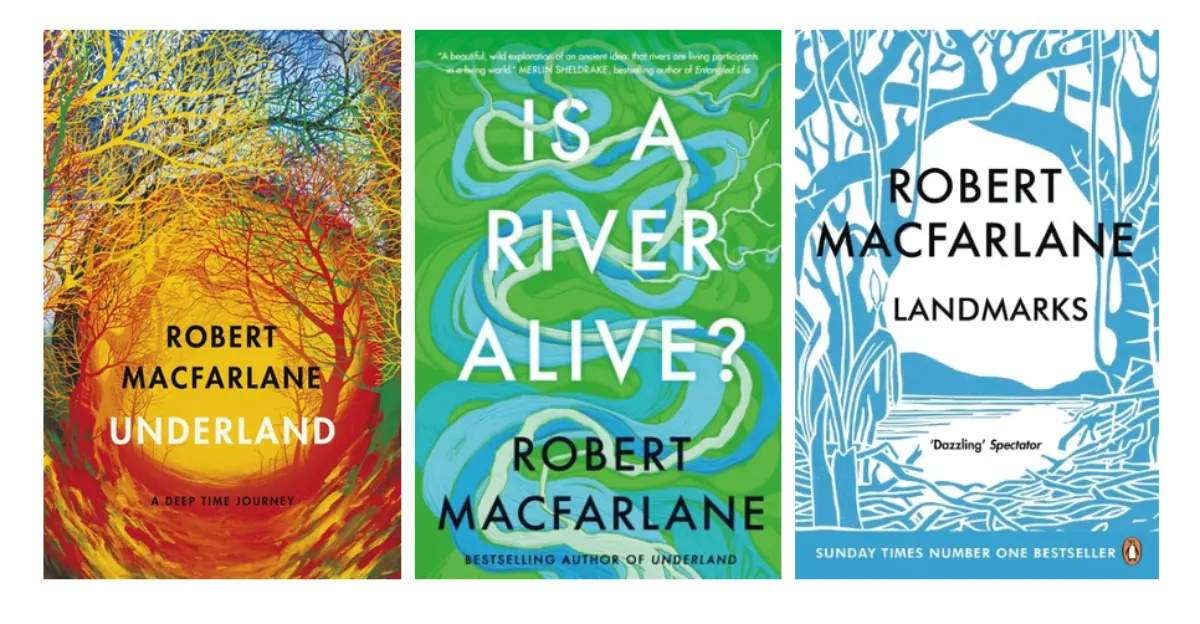BY JANE DANIELL
If you, too, struggle with self-doubt when writing, the following tips may help you overcome some of the more common insecurities, while providing comfort in the knowledge that you’re not alone. Read on and reignite your passion to write.
Right up to his death, W.B. Yeats, the celebrated 20th-century poet, doubted his writing talent.
In the 2019 Literary Hub article, ‘When Even the Greatest of Writers Grapples with Self-Doubt’, Gabrielle Bellot recounts Yeats’s description of his writer’s block in his poem The Circus Animals’ Desertion: ‘I sought a theme and sought for it in vain.’
Here, indeed, is one of the most celebrated writers and poets of modern times, who openly expressed his struggle to write and questioned his talent.
If you’re like me, you’ll relate to Yeats’s self-doubt and feel reassured that those sinking feelings of panic, desperation, or a complete lack of inspiration from time to time are normal. It’s also heartening to know that these afflictions are common and ‘treatable’.
To illustrate, this article explores three of the most recognised manifestations of self-doubt while offering you, fellow writers, some down-home suggestions to help.
The first one: Writer’s Block
An article published by the Royal Literary Fund (RLF) in October 2021 by award-winning novelist Susan Elliott Wright asks, ‘Is writer’s block a mystical malady?’
Her conclusion? A resounding no.
For me, writer’s block presents as a complete paralysis of the brain. While I side-eye my empty computer screen or blank notebook pages, I wish they would either disappear or magically provide all the words for me.
So, to help myself, I use the following tips. Hopefully, they’ll help you too.
• Take 10 long, slow breaths — in, out, in, out. Deep breathing helps to calm the mind.
• Make a coffee (or tea or other beverage). Take it to your favourite chair and gaze out a window while you sip. This is a great way to switch off.
• Go for a brisk walk. Even ten minutes taking some fresh air will lower your stress levels.
• Do anything that provides mental and physical space and gives you room to reignite your enthusiasm.
#2: Impostor Syndrome
Oh yeah, impostor syndrome! This one plagues me almost all the time.
As Christopher Fowler records on his website, Christopher Fowler, ‘It took years to find the courage to write anything because I felt like a fake, mimicking the actions of others.’
Me too. When I sit down to write, my self-doubting voice whispers, ‘Who do you think you are? Margaret Atwood?’ Then I start catastrophising. The relentless internal dialogue tells me I’m not meant to be here, I have no talent, and so many others are more accomplished than me. Aargh.
And so it goes on until, sooner or later, I have to take charge of that interloper’s voice, sit down, and simply begin to write.
How best to do this?
• A good start, for me, is to, like a child, start scribbling words. I set my alarm and write until time is up.
Then I:
• Take a ten-minute break. Moving around helps.
• Top up the brain tank with something delicious and nourishing to eat.
• Return to my desk and start slowly, deliberately writing words again.
Each attempt is a step in the right direction. You will get there.
READ MORE:
Bye, Bye, Block: Physical and Mental Techniques to Help Overcome Writer’s Block
Writing’s Not for Sissies! By Nadia Kamies
How Writers Can Overcome Impostor Syndrome
#3: Writers Can Feel Vulnerable
As we know, writing is a solitary undertaking. We scribes sit siloed as we toil away on a story or article — often with a stressful deadline to reach. This pressure, coupled with isolation, can lead to a sense of vulnerability, causing more self-doubt!
One manifestation of vulnerability is timidity. This is when we start to feel scared and doubtful about sharing our work. ‘Who would pay for this rubbish?’ your inner voice yells. But don’t despair; the following tried-and-true antidotes can offer some respite:
• Allow your work to be read by a trusted person. This may provide a sense of relief. Yay, it’s okay – someone else is interested in it. Feel that smile form on your face when you see the engagement appear on theirs as they read your superbly crafted words.
• Be open to compliments. Coming from the heart, they can be a reliable touchstone for those self-doubting moments, helping to validate your efforts and commitment.
• Read about influential writers you admire who have also been plagued by their inner voice. Their experiences may provide focus as well as comfort — proof that you are not alone with your insecurities in this wonderful world of writing.
Eventually, in an hour, a day, a week, or maybe a little longer – voilà – your creative juices will flow anew, and your words will again form beautiful sentences.
And always remember: You’ve got this!
About the Author:

With a lifelong passion for travel, Jane Daniell loves nothing more than sharing her travel experiences with others. You can find Jane – if not at yoga or out walking – behind her laptop, writing about interesting destinations to entertain and inform. In addition to writing for her own website, Jane freelances, always with a mind to providing interesting titbits, fun facts and absorbing firsthand stories.














